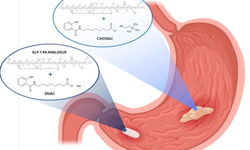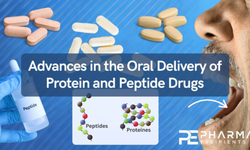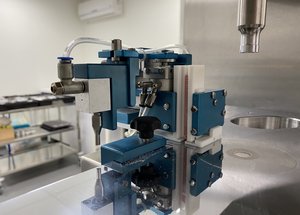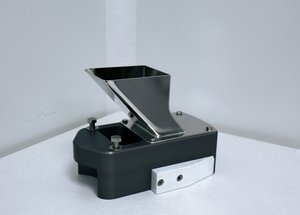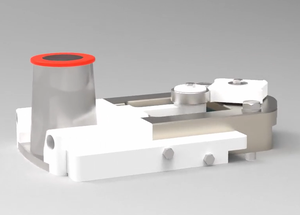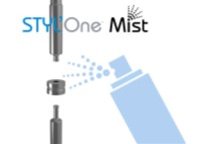Scientific papers
Sodium caprate (C10) is one of the most extensively studied permeation enhancers for improving oral peptide uptake. Yet, its effectiveness in clinical settings may be compromised by the acidic environment of the stomach. To address this, we designed an immediate-release C10 tablet that incorporates meglumine as a pH modulator to reduce the impact of gastric acidity, and assessed its performance in both preclinical dog studies and in humans. Because canine gastric pH differs from that of humans, dogs were pre-treated with acid prior to testing. The outcomes were benchmarked against sodium salcaprozate (SNAC)-based tablets that had already been evaluated in clinical trials. In dogs, the inclusion of meglumine demonstrated clear advantages for enhancing peptide absorption across multiple peptide types. An oral PCSK9 inhibitor was ultimately selected for clinical evaluation. The optimized formulation—containing 40 mg of PCSK9 inhibitor, 200 mg of C10, 60 mg of meglumine, and 60 mg of sorbitol—achieved a 57% higher exposure compared to the reference SNAC formulation at 0.5 hours post-dose in animal models. However, this improvement was not reproduced to the same degree in human trials, where the C10 and SNAC formulations showed comparable bioavailability. The article also discusses additional factors beyond gastric pH that may influence the relative performance of C10- versus SNAC-based systems.
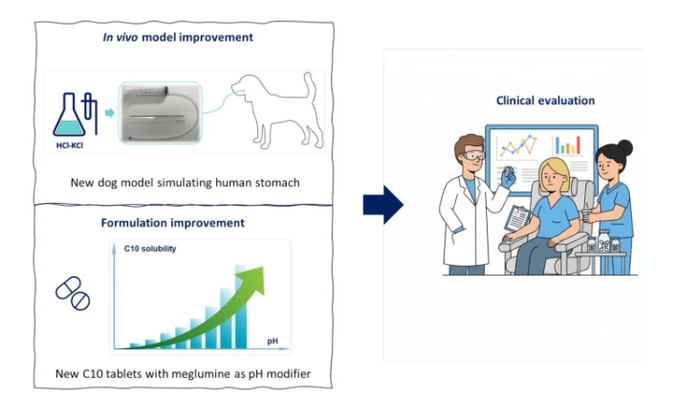
Comments
No comments posted yet.
Add a comment

